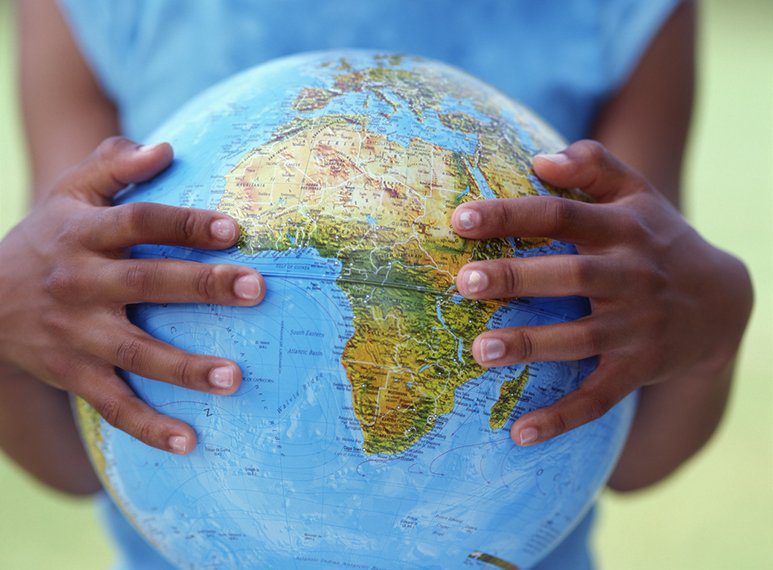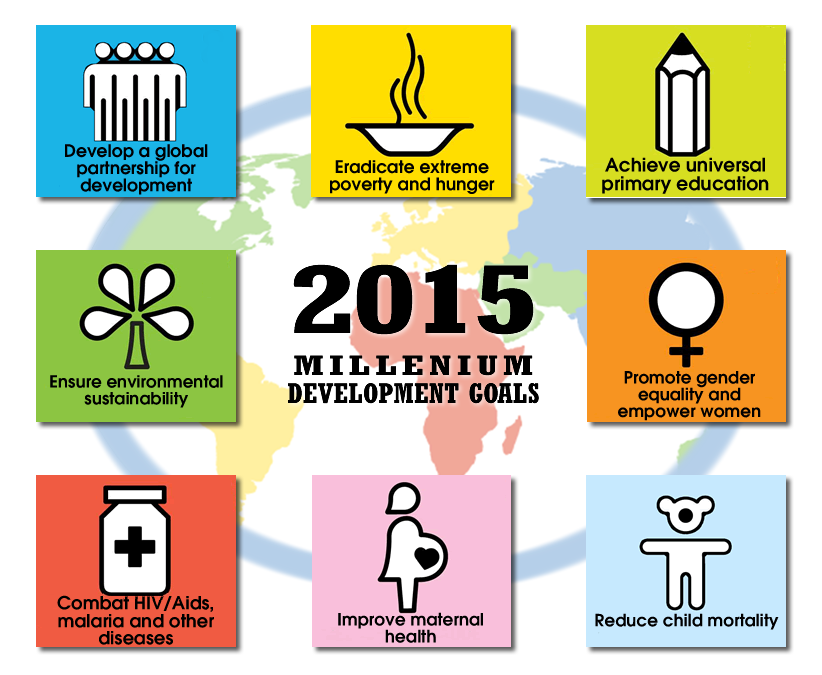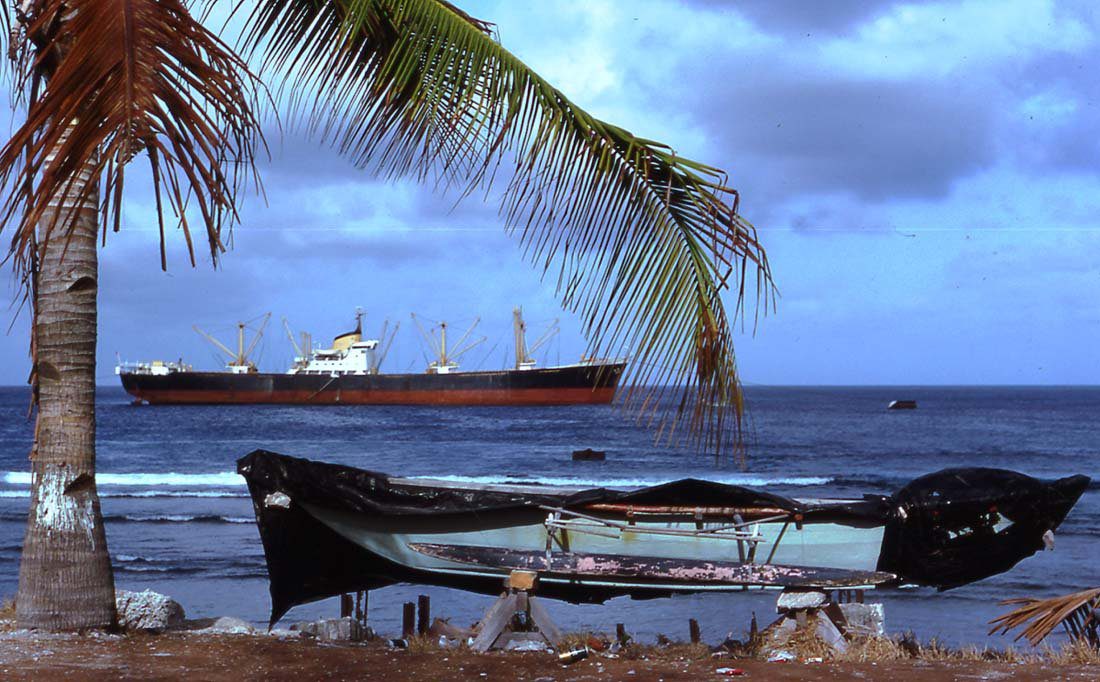
A Conversation with Ms. Amina Mohammed, UN Special Advisor of the Secretary-General on Post-2015 Development Planning
“Communicating with clarity,” states Amina Mohammed, United Nations (UN) Special Advisor of the Secretary-General on Post-2015 Development Planning, “is essential for humanity to attain a sustainable future.” On July 8th I had the unique opportunity and pleasure to speak with Ms. Mohammed about the post-2015 development process and agenda. 2015 marks the year which the UN’s Millennium Development Goals (MDGs) were to be achieved. Established following the Millennium Summit of the UN in 2000, the MDG’s enveloped eight global priorities in the areas of poverty alleviation, education, gender equality and empowerment of women, child and maternal health, environmental sustainability, reducing HIV/AIDS and communicable diseases, and building a global partnership for development.
During our early morning teleconference Ms. Mohammed revealed the status of the UN’s evolving global framework (termed the post-2015 agenda) consisting of Sustainable Development Goals (SDGs) which will transition its 193 member states to mobilize their resources beyond the Millennium Development Goals (MDGs). The conversation with Ms. Mohammed was delightful. Ms. Mohammed provided pragmatic insight and conveyed wisdom that has clearly been shaped by her years of tremendous experience and engagement in sustainable development. The dialog, the essence of which is summarized below, exemplifies Ms. Mohammed’s personal sense of passion, urgency, leadership and
integrity.
Ms. Mohammed has been intimately involved with the UN and other organizations in sustainable development and global concerns. Before her current appointment she served as a Senior Special Assistant to the President of Nigeria on the Millennium Development Goals. In 2005 Ms. Mohammed led the coordination of more than $1B (per year) of debt relief funds toward Nigeria’s achievement of Millennium Development Goals. Prior to that, she supported many efforts including the Task Force on Gender and Education for the UN Millennium Project.

In 2012, UN Secretary-General Ban Ki-moon established a task force to begin making preparations for the UN’s Post-2015 development agenda. The process yielded a report titled, “Realizing the Future We Want for All,” and led to the appointment of 27 civil society, private sector, and government leaders from all regions of the world to a High Level Panel (HLP) to advise the Secretary-General on the Post-2015 Development Agenda of which Ms. Mohammed is one of the appointees.
Ms. Mohammed reflected, “…it has been a long road since 2012…but we are nearing the final stages of negotiation between the UN’s member states on two critical elements of the post-2015 agenda, realignment and establishment of sustainable development goals (SDGs), and the fundamental mechanisms for financing sustainable development.”
While there are many differences to the post-2015 development compared to the MDG process, a significant change has been the UN’s emphasis to ensure the new framework and member states have defined specific forms of financing for sustainable development upfront. Their goal, to alleviate any gaps of financial need as they push to finalize their SDG’s and move forward with the post-2015 agenda later this year.
“To be successful, the post-2015 SDGs will require a new kind of thinking and accountability on behalf of member states and all facets of public-private society. We are collectively working on tax reform, innovative financing, private sector investment, and a myriad of other sources of capital, financing, and support to ensure the SDGs are financed and that their full intent and impact, including the eradication of poverty, is achievable,” Ms. Mohammed pointed out.
The world has changed in the past 15 years since the MDGs were established. The complexity, severity, and scale of many challenges have intensified in recent years. Although great progress has been made on the UN’s MDGs, vast challenges remain on issues related to poverty, peacebuilding, women’s rights, climate, food and ecologic systems, natural resource scarcity, business and governmental accountability and so on. Today there are so many converging global interests, goals, and challenges that the scale of these issues can be downright overwhelming. Where does one even begin?
That’s why, according to Ms. Mohammed, the UN, its member states, and stakeholders are working hard to redefine the development agenda beyond 2015. She added, “…we’ve learned that not everyone is at the same level of development…although there are common themes, the needs of each member state, and even the communities within member states are unique.”
To that end, Ms. Mohammed reflected on travel she made to Republic of Nauru, the third smallest state by area in the world. Nauru, an island country in Micronesia in the Central Pacific, has an approximate population of 10,000. The life expectancy of Nauruans is low, just over 60 years for males and 68 years for females. The key culprits of lower life expectancies on the island: heart and kidney disease related to obesity and type 2 diabetes. In fact, Nauruans are among the most obese people in the world, 97 percent of men and 93 percent of women are overweight or obese, and greater than 40 percent of their population is affected by type 2 diabetes.

Ms. Mohammed stated, “…the situation for every member state is different. We are relooking at the context of our service and delivery based upon the needs of our member states, like Nauru, as we define the goals and financing for the post-2015 agenda. Ultimately it’s all about people and their needs. In the past we may have made provisions for food supplies to states like Nauru on the basis of addressing hunger. But we know the issues are more dynamic than that. We have had to evolve to understand people’s unique needs, event dietary requirements. Thus, we have to be conscious and accountable to our services, even the provision of foods, to ensure they not only address first order needs like hunger, but also address health related concerns related to diet like type 2 diabetes and obesity.”
Ms. Mohammed further commented on the need for understanding regional and state needs uniquely, “…look at Lake Chad in Nigeria…it is a puddle of a lake compared to what it used to be. Constrained water resources have transitioned the region from a thriving agriculture, trade, and economic corridor to one marked by violence and economic disparity. You have to get to the root causes in every region of the world on why certain challenges persist. Most terrorists are not born as terrorists – they are converted due to a lack of opportunity and extremism perpetuated by resource disparity and a lack of or breakdown of government structure, law, and order. The challenges in Nigeria are complex. You have to cut through the violence and get over the immediate image of what’s happening to unveil the true root causes of political-societal unrest. Only from there can you begin to understand how to realign the goals and resources to address the situation.”
Communicate with Clarity & Leave No One Behind: Scaling Sustainability in a Post-2015 World – Part 2
Mark Coleman is a recognized voice, business advisor and consultant on the convergence of sustainability, environmental stewardship, energy, technology, and innovation.
Mr. Coleman is an active blogger with the Huffington Post, and has published numerous articles with leading organizations including GreenBiz.com, Environmental Leader, Triple Bottom Line Magazine, among others.
Mr. Coleman is the President of Convergence, Mitigation, Management (CMM) LLC, which provides custom business intelligence and advisory services for business, government, applied research, not-for-profit, and non-governmental organizations.
Mr. Coleman has advised hundreds of organizations in the areas of sustainability, risk, innovation, operational effectiveness, and business strategy. Much of this work led Mr. Coleman to write and publish two books, Time To Trust: Mobilizing Humanity for a Sustainable Future (Motivational Press 2014, www.timetotrustbook.com) and The Sustainability Generation: The Politics of Change and Why Personal Accountability is Essential NOW! (SelectBooks 2012, www.thesustainabilitygeneration.com) both of which highlight his perspective on holistic systems-level logic and theory for advancing humanity beyond the status-quo toward more integrated and mutual models of sustainable development.
Mr. Coleman currently serves on the board of the Sustainable Manufacturer Network (http://sustainablemfr.com/), and on the board of a not-for-profit organization, B9 Plastics (www.b9plastics.org) involving global water development concerns.
Mr. Coleman resides in the Finger Lakes region of New York with his wife Aileen and two sons, Owen and Neal.
Web:
Website: www.timetotrustbook.com
Twitter: @TheSustainGen











